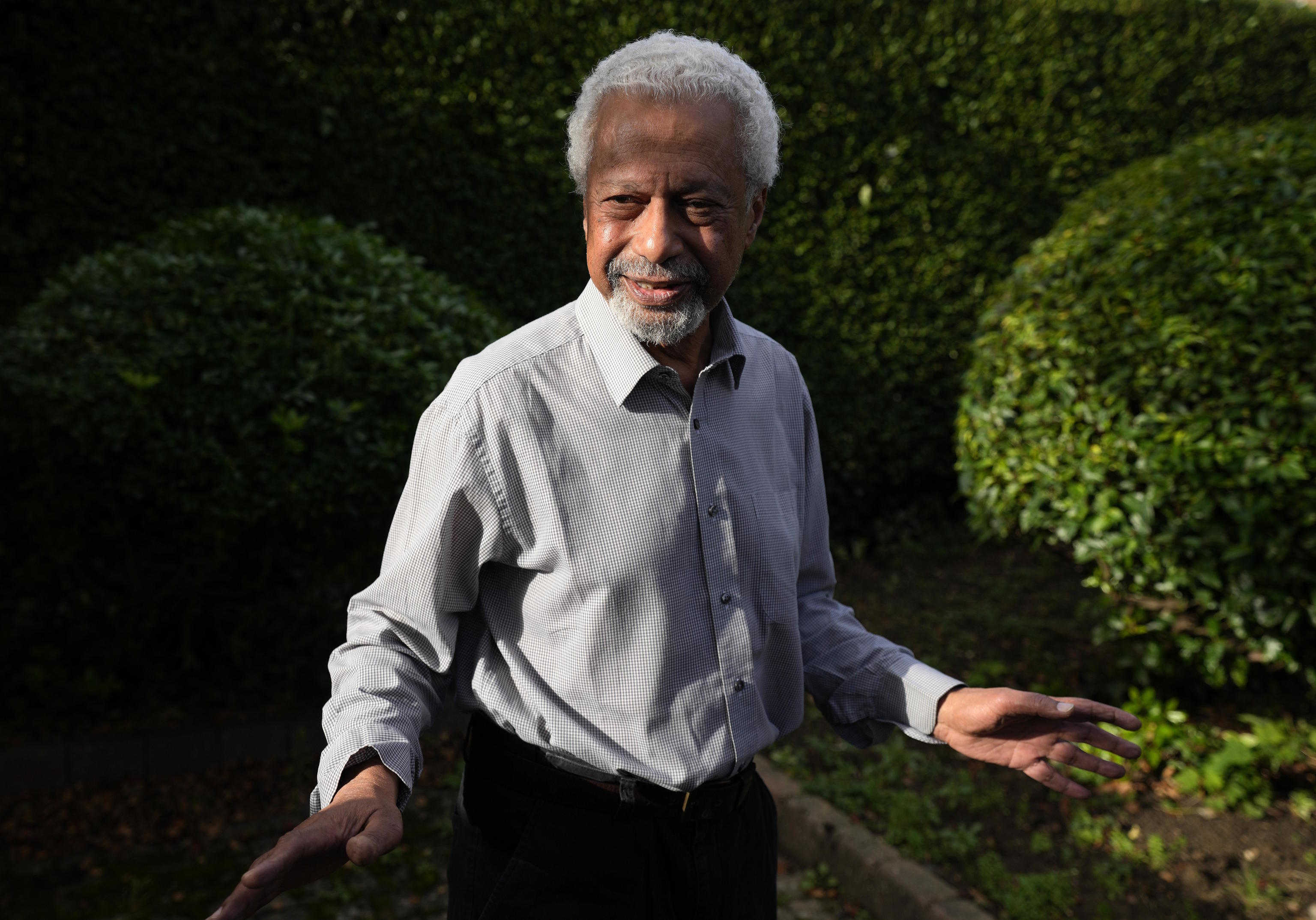When Abdulrazak Gurnah (Zanzibar, 1948) won the Nobel Prize in 2021, only three of his ten novels had been translated into Spanish. He was one of those surprise winners, known to few readers. A writer and academic at the University of Kent, where he earned his Ph.D. and taught postcolonial literature, Gurnah's work explores the scars left by European imperialism in Africa and in the metropolis itself.
His biography embodies the political turmoil of Zanzibar, a paradise island in the middle of the Indian Ocean, a strategic enclave on the spice route (and also on slavery) and a true melting pot of cultures, where two years before Gurnah was born, Freddie Mercury was born, whose real name was Farrokh Bulsara, son of an Indian family. After centuries under the influence of the Sultanate of Oman, Zanzibar was a British protectorate until the revolution that brought independence in 1963, as in other African countries.
It was followed by a wave of violence, directed mainly against Arab and Indian minorities, which would lead to an authoritarian socialist regime and the union with Tanganyika in 1964 to form modern Tanzania. The teenage Abdulrazak witnessed the repression, the terror in the streets, and the closure of schools. When he turned 18, he fled the island illegally to settle in the United Kingdom.
There, he was able to continue his studies and in 1987, he would publish his first novel with the significant title Memory of Departure (not yet translated into Spanish), which already anticipated the central themes of all his work: exile, uprooting, fragmented identity, loneliness, memory... All against the backdrop of postcolonial tensions, as he would also explore in Paradise, By the Sea, or The Deserter (all published by Salamandra).
Although unknown to the general public, a Spanish university had been studying his work since 2010, in the most unsuspected latitude: Lleida. The Ratkanara research group, dedicated to postcolonial literature in the Indian Ocean region, and founded by Drs. Esther Pujolràs and Felicity Hand, has been analyzing Gurnah's work for years. That is why the author traveled to Spain last week to be awarded an honorary doctorate by the University of Lleida, the second institution to grant him this recognition after the Pontifical University of Peru. A trip that coincided with the presentation of his latest book, the one he had already started writing when he received the Nobel Prize. A Long Way (Salamandra) is a mosaic of life in Zanzibar from its revolution to the early 2000s. Just landed in Barcelona, with a sore throat that worries him ("I have a talk at the library, don't make me talk too much," he requests), he lowers his voice to preserve it and paint a Zanzibar far from the myth.
